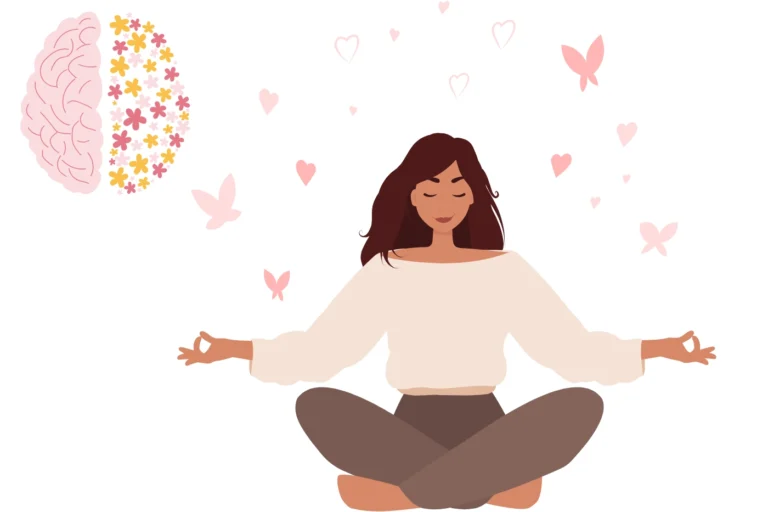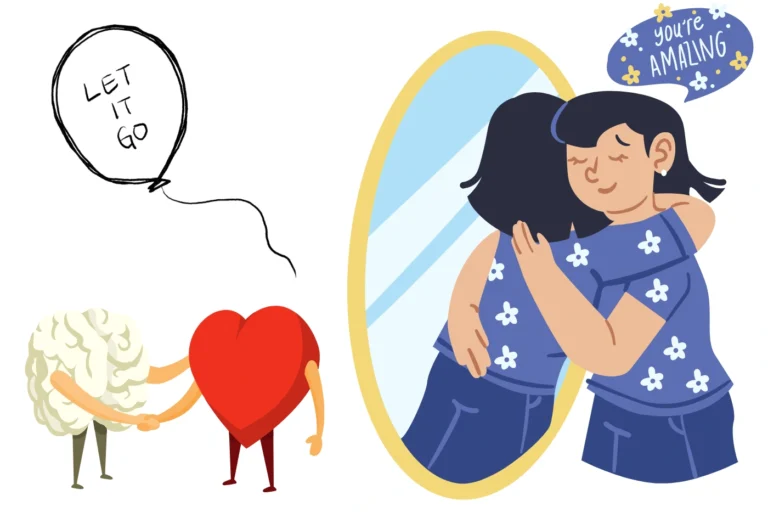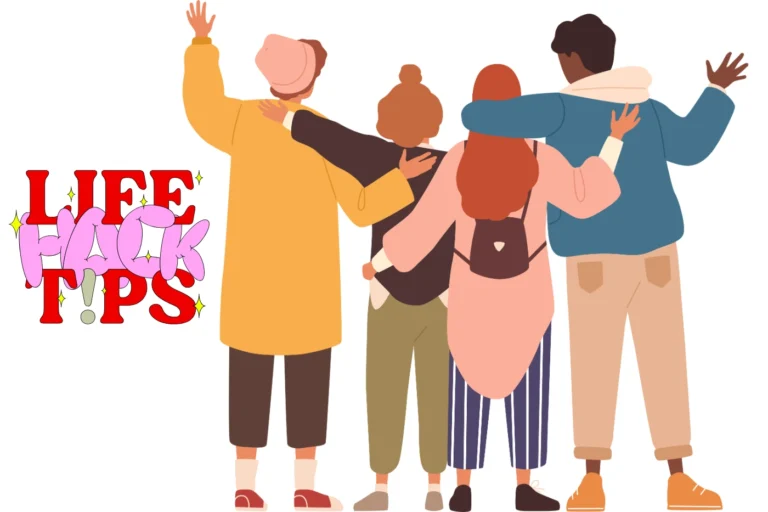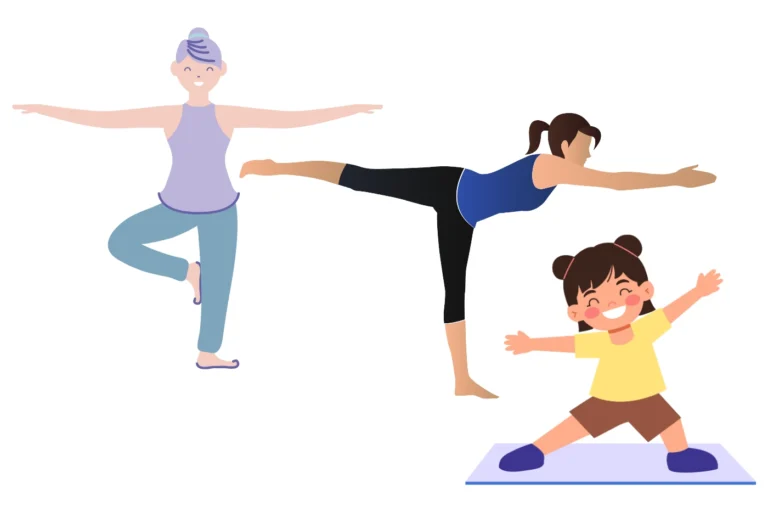Look, I’m not going to pretend I’m some habit guru who never struggles. Last year, I was checking my phone literally every time it buzzed – during dinner with friends, in the middle of conversations, even at 3 AM when I should’ve been sleeping. It was controlling me, not the other way around.
Sound familiar? Whether it’s mindless scrolling, stress-eating, procrastinating, or hitting snooze six times every morning, we all have those habits that make us feel like garbage afterward.
Here’s the truth: breaking habits isn’t about iron willpower or some magical morning routine. It’s messier than that, and that’s totally okay.
Why Habits Are Such Stubborn Beasts
Our brains are literally wired to resist change. That habit loop – cue, routine, reward – gets deeply grooved into our neural pathways. It’s not your fault it feels so hard to break.
When I tried to stop my phone addiction cold turkey? Total disaster. I white-knuckled it for two days before caving spectacularly during a stressful work situation.
What Actually Works (From Someone Who’s Failed A Lot)
1. Get brutally honest about your triggers
For three days, I wrote down every single time I reached for my phone and what was happening right before. Boredom? Anxiety? Awkward silence? The pattern was clear – anytime I felt even slightly uncomfortable, my hand automatically went for the phone.
Ask yourself: What emotions or situations consistently lead to your habit? This awareness alone disrupts the automatic loop.
2. Make it ridiculously easy to choose better
Willpower is overrated. Environment is everything.
When I put my phone in another room while working, my productivity literally doubled. Not because I suddenly developed monk-like discipline, but because I removed the constant temptation.
What’s one small environmental change that would make your bad habit more difficult? Could you:
- Keep the snacks in a hard-to-reach cabinet?
- Delete social apps from your phone (you can still use them on computer)?
- Set up your workout clothes the night before?
The less friction between you and better choices, the more likely you’ll make them.
3. Replace, don’t just remove
Nature abhors a vacuum, and so does your brain. When you take away a coping mechanism without replacing it, you’re setting yourself up for failure.
When the urge to check my phone hit, I started keeping a stress ball nearby. Is squeezing a rubber ball as dopamine-inducing as scrolling Instagram? Nope. But it gave my hands something to do while the urge passed.
What could be your healthier substitute? A quick walk, deep breathing, stretching, doodling – anything that addresses the same underlying need.
4. Embrace the power of “just today”
“Forever” is paralyzing. When I thought about never mindlessly checking my phone again, I panicked.
So I shifted to: “Just for today, I’ll be more intentional.” Sometimes even: “Just for the next hour.”
Breaking it down makes it manageable. Success builds on success.
When You Mess Up (Because You Will)
Last month, I had a terrible day at work and spent three hours doom-scrolling that night. Old me would’ve decided I’d failed completely and given up.
Instead, I just noted it: “Yep, that happened. Tomorrow’s a new day.”
The people who successfully change habits aren’t the ones who never slip – they’re the ones who get back on track without the shame spiral.
The Unexpected Upside
Here’s what nobody tells you: breaking a bad habit isn’t just about stopping something negative. It creates space for something better.
Those three hours I used to spend on my phone? Now they’re for reading books I’ve always wanted to tackle, having actual conversations with my partner, or sometimes just sitting with my thoughts – which turns out to be way less scary than I imagined.
What could you do with the energy, time, or money your habit currently consumes?
It won’t be perfect. Some days will be harder than others. But speaking from experience – it’s absolutely worth it.
What habit are you working on breaking? Drop a comment below – sometimes just saying it out loud is the first step to making a change.






